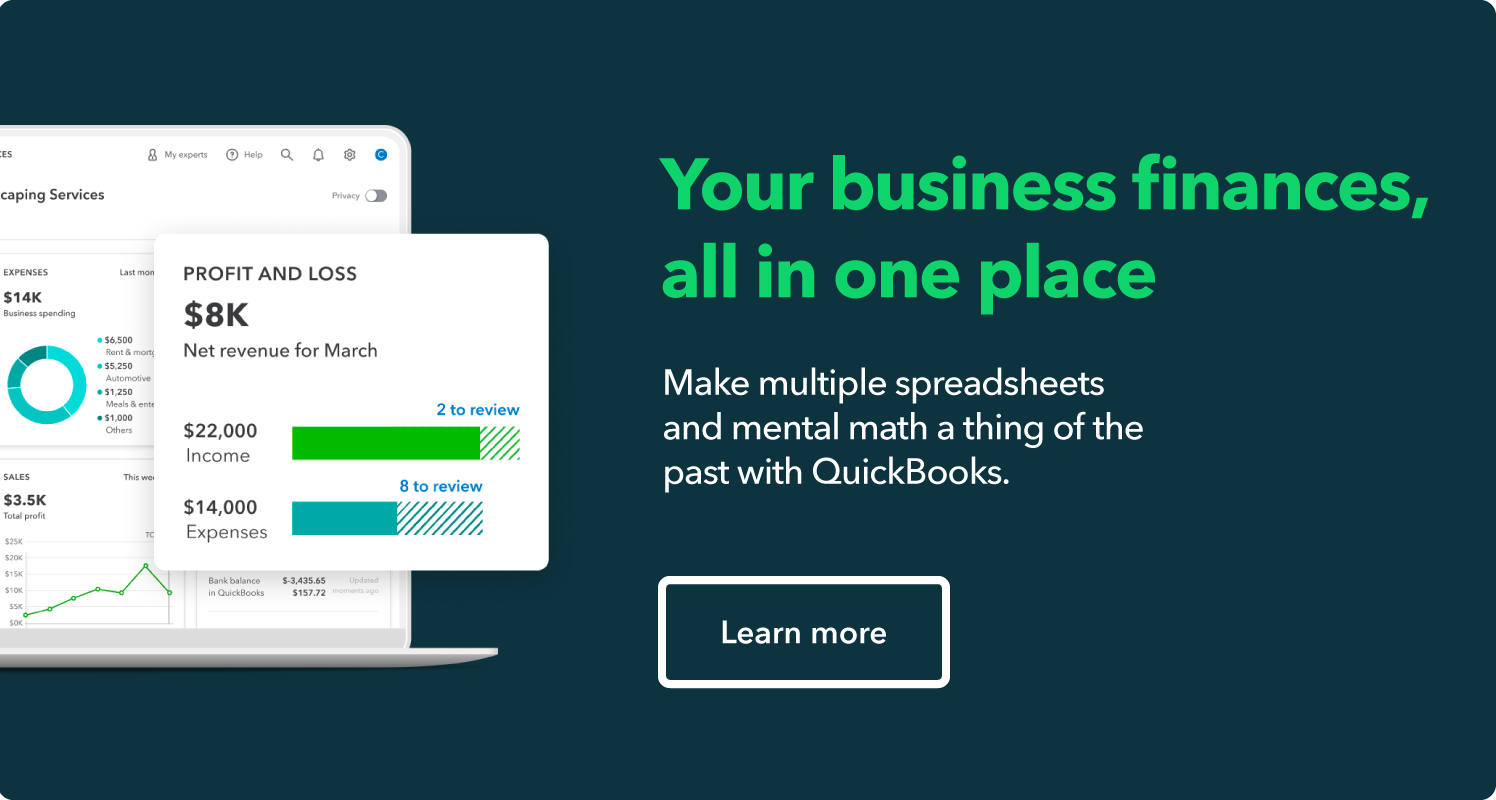As a real estate agent, you work under the supervision of a real estate broker, but you still need to manage your business efficiently, the same as any other small business owner, to increase sales and revenue. Because you manage a range of business activities as a real estate agent, including sales, marketing, expense tracking, and taxes, you most likely need top-quality, versatile accounting software to stay organized.
Learn more about how accounting software can help you grow your business.




